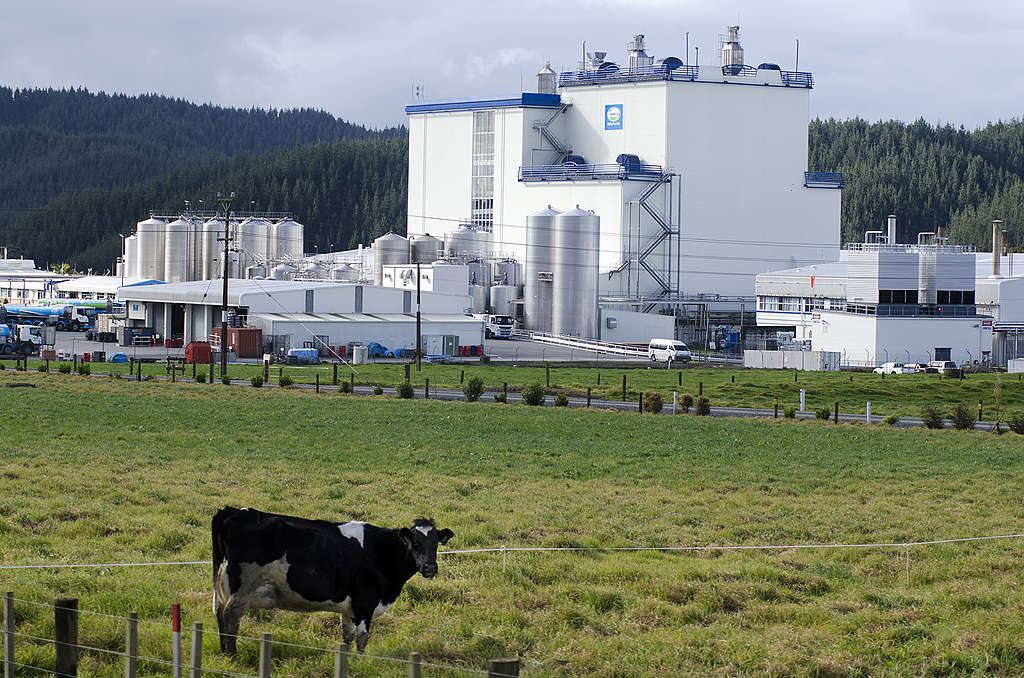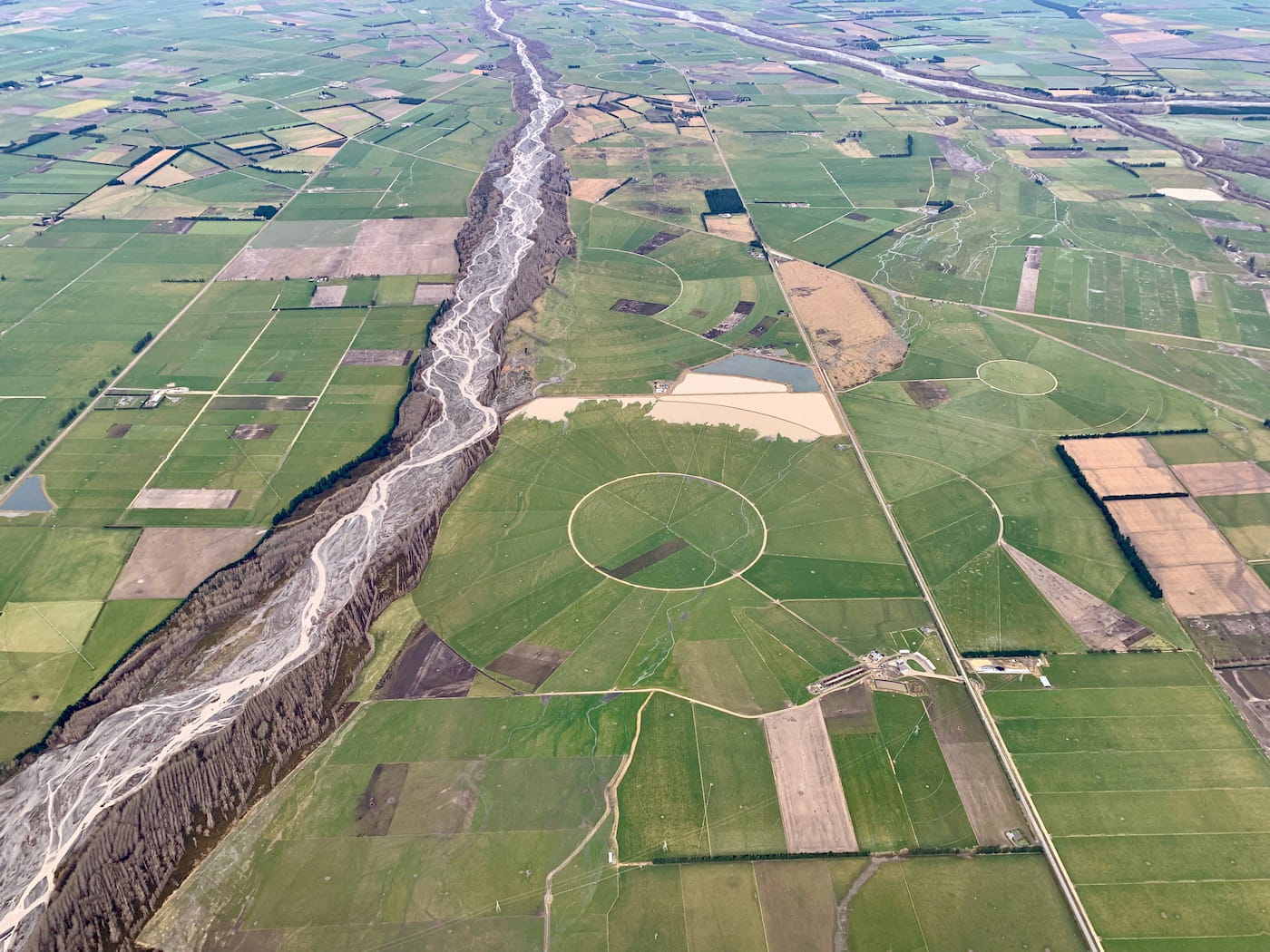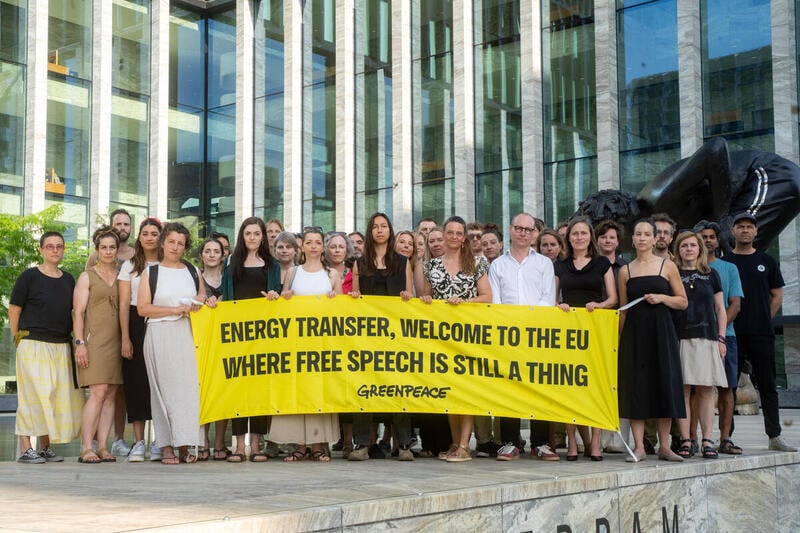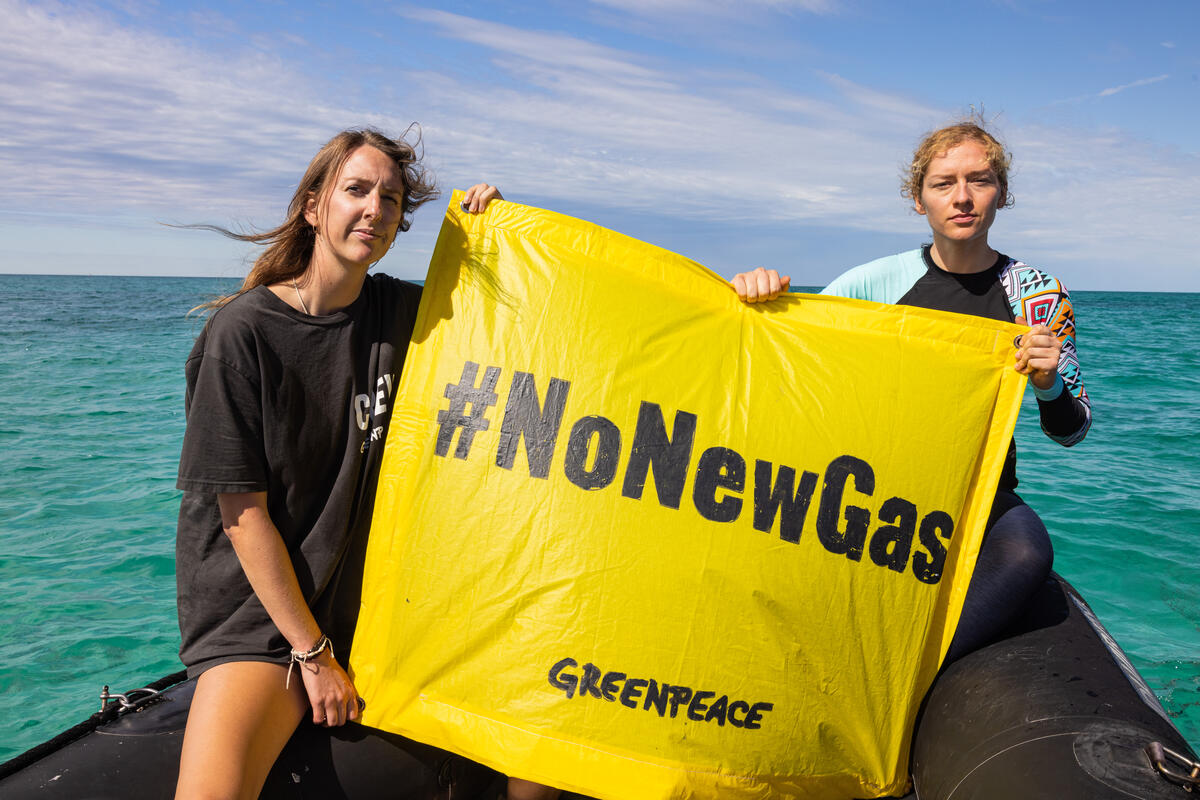Greenpeace has slammed the approval of a new wind turbine and ‘green hydrogen’ facility in Taranaki, saying the Government’s fast track process makes a mockery of climate change and environmental protection commitments. The Hiringa Energy wind turbines and green hydrogen consent is for a standalone, separate facility. However, it will provide more energy and hydrogen for fertiliser company Ballance Agri-nutrients to produce an additional 7000 tonnes of urea a year.
Greenpeace Aotearoa’s lead agriculture campaigner Christine Rose says “This approval will lead to more polluting synthetic nitrogen fertiliser from Ballance’s nearby Kapuni plant. By enabling the production of more synthetic nitrogen fertiliser, the consent gives Ballance the green light for more pollution of rivers, drinking water and the climate.”
A recent report highlighted that synthetic nitrogen fertiliser was responsible for 21% of direct global emissions from agriculture.
“Synthetic nitrogen fertiliser as urea causes direct climate change pollution and enables intensive dairying, which also means too many cows further polluting our climate and our water,” says Rose.
“Our climate and our already polluted rivers and drinking water can’t cope with more contamination from synthetic nitrogen fertiliser-urea.”
The Climate Change Commission observed eliminating synthetic nitrogen fertiliser could significantly reduce emissions, with other ecological co-benefits.
“Instead of giving consents which will lead to even more climate and water pollution, the Government needs to commit to phasing out synthetic fertiliser and transitioning NZ to more plant-based regenerative organic farming. This will lead to fewer cows and less climate pollution as well as cleaner rivers and healthier water.”
The decision to approve consent notes that the increased fertiliser production may or may not have been approved as a stand-alone application.
“However, the consent approval provides for a massive 35,000 tonnes of extra synthetic nitrogen fertiliser as urea over the next five years before the ‘green hydrogen’ may be diverted to replace fossil fuel in heavy vehicles. And that will drive intensive dairying and exacerbate the climate crisis. This decision flies in the face of the government’s alleged focus on climate change and restoring river health. This is a big step backwards in the efforts to phase out synthetic nitrogen fertiliser and to support a transition to regenerative organic agriculture,” says Rose.

Join our call on the Government to go further than the Climate Commission’s inadequate recommendations and cut climate pollution from NZ’s biggest polluter: industrial dairying.
Take Action



